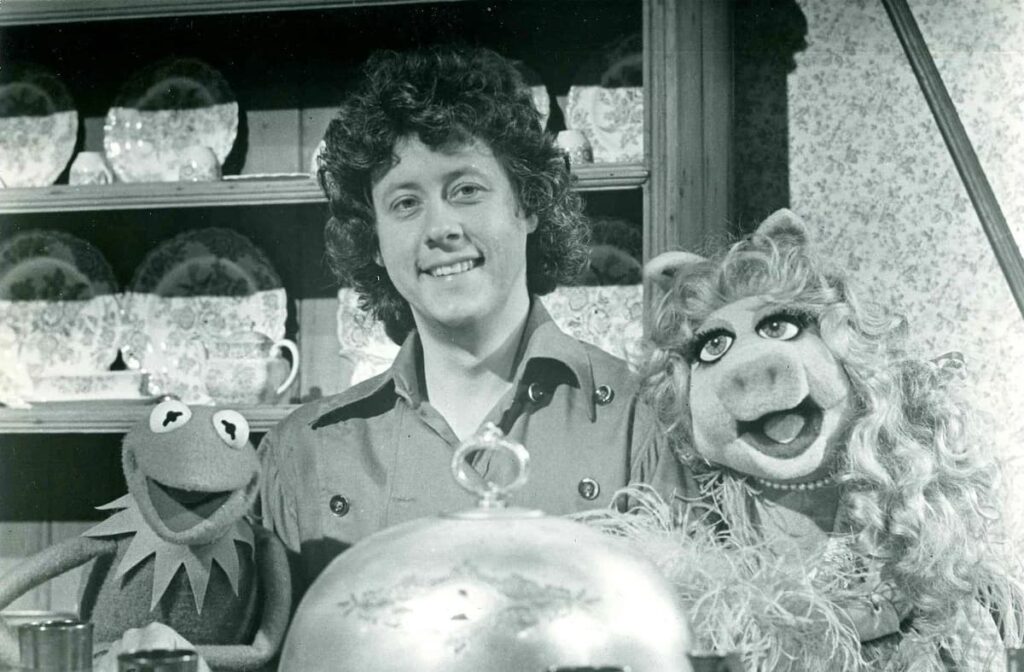
A Humorous Brush with the Law Leads to an Unlikely Protest Against the Absurdity of War
In the autumn of 1967, a most peculiar musical narrative emerged, one that would weave its way into the fabric of American counterculture and become an unlikely Thanksgiving tradition. Arlo Guthrie’s sprawling, 18-minute and 34-second epic, “Alice’s Restaurant Massacree,” a true story spun into a talking blues masterpiece, humorously recounts the events following a Thanksgiving dinner that led to an arrest for littering, an event that would ironically deem young Arlo “not moral enough” to be drafted into the Vietnam War. Released on his debut album, aptly titled Alice’s Restaurant, the song resonated deeply with a generation questioning authority and the escalating conflict overseas. While not a conventional chart-topper in the traditional sense due to its length, the album itself climbed to number 17 on the Billboard Top LPs chart in March 1968, remaining on the charts for an impressive 99 weeks and eventually achieving platinum status. In the UK, the album peaked at number 44 on the Official Albums Chart in March 1970.
The genesis of “Alice’s Restaurant Massacree” lies in a seemingly innocuous act of post-Thanksgiving tidying in 1965. Arlo Guthrie, son of the legendary folk singer Woody Guthrie, was visiting friends, Alice and Ray Brock, who lived in a deconsecrated church in Stockbridge, Massachusetts. After a hearty Thanksgiving meal prepared by Alice, Arlo and a friend decided to do a good deed by taking the Brocks’ accumulated trash to the local dump. However, their plans went awry when they discovered the dump was closed for the holiday. Faced with a pile of rubbish and no official disposal site, they made the perhaps ill-advised decision to toss the garbage down aStockbridge hillside.
This act of littering, however minor it might seem, did not go unnoticed. The local police chief, William “Obie” Obanhein, a figure immortalized in the song, soon apprehended Guthrie and his friend. They were arrested, charged with illegally disposing of refuse, and subsequently fined $25 each. This seemingly insignificant brush with the law would have unforeseen consequences for Arlo Guthrie a couple of years later when he was called for his draft physical.
The heart of “Alice’s Restaurant Massacree” lies not just in the comical recounting of the littering incident and the subsequent arrest, but in the extended and increasingly absurd narrative of Guthrie’s experience at the draft board. The song masterfully builds as Guthrie recounts the reactions of the military personnel to his arrest record. The idea that someone deemed unfit for military service due to a littering charge, while the nation was embroiled in a contentious war, struck a chord with the anti-war sentiment of the time. The repeated refrain, “You can get anything you want at Alice’s Restaurant,” initially a lighthearted tag related to Alice Brock’s actual restaurant (though the song clarifies it wasn’t called “Alice’s Restaurant”), transforms into a satirical commentary on the perceived freedoms and hypocrisies of American society.
Beyond the humor and the anti-draft message, “Alice’s Restaurant Massacree” is a testament to the power of storytelling in music. Arlo Guthrie, in the tradition of his father, weaves a rich and detailed narrative, populated with memorable characters and punctuated by witty observations. The song unfolds like a shaggy dog story, each verse adding another layer of absurdity to the situation. The listener is drawn into Guthrie’s experience, sharing his bemusement and ultimately his quiet rebellion against a system that seemed illogical and unjust.
The song’s enduring appeal lies in its multifaceted nature. It’s a humorous anecdote, a gentle act of protest, and a poignant reflection on the counterculture movement of the 1960s. It captured the spirit of a generation questioning authority, embracing communal living (as represented by the church where Alice and Ray lived), and finding humor in the face of societal contradictions. Arlo Guthrie, with his laid-back delivery and fingerpicking guitar style, became an accidental icon of this era.
The impact of “Alice’s Restaurant Massacree” extended beyond the record. In 1969, the song was adapted into a film of the same name, directed by Arthur Penn, further solidifying its place in popular culture. Even today, decades after its release, the song remains a Thanksgiving tradition for many, a reminder of a time when a simple act of defiance, wrapped in a humorous tale, could resonate so powerfully and become an enduring commentary on society, war, and the enduring human spirit. It reminds us that sometimes, the most profound statements can be made not with a shout, but with a wry smile and a well-told story.